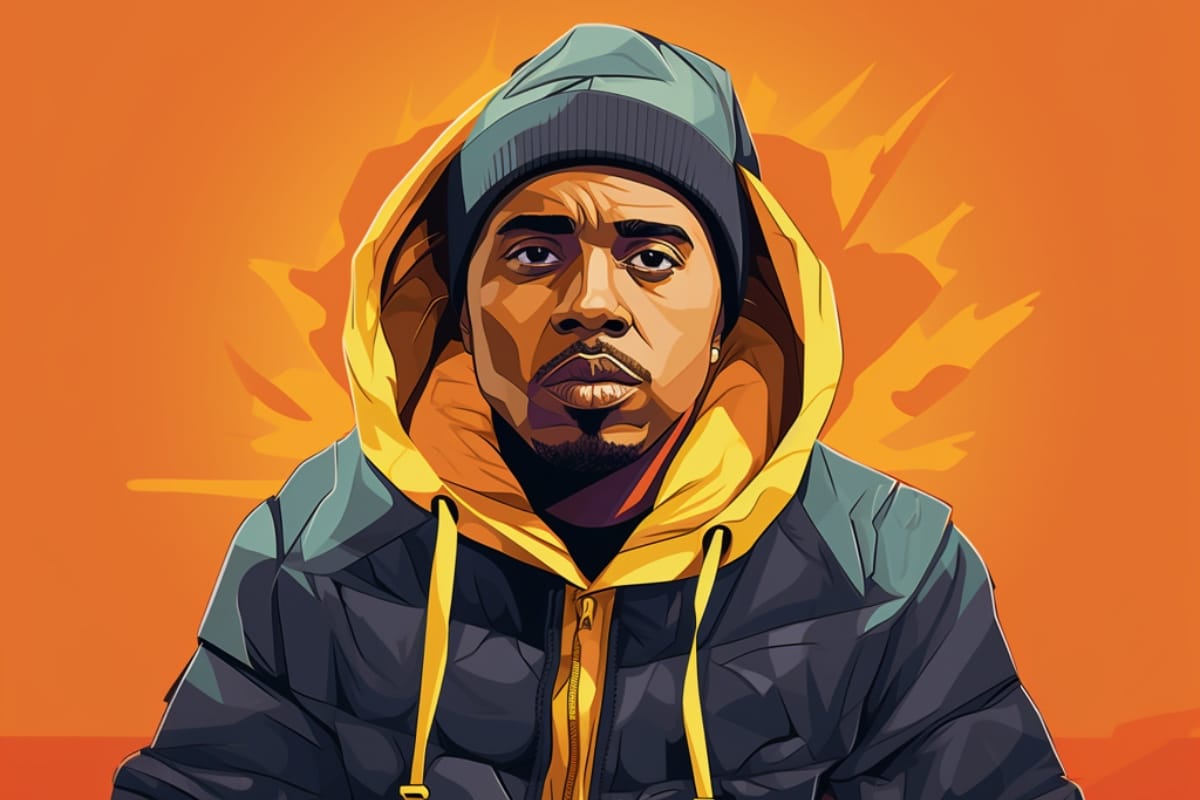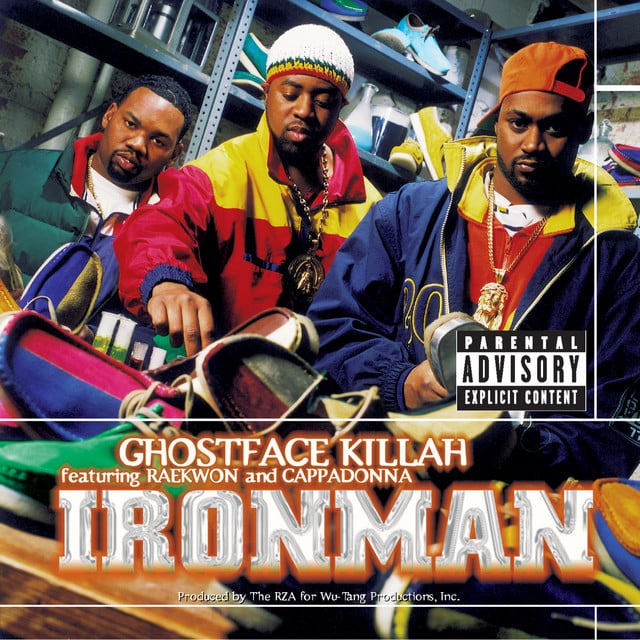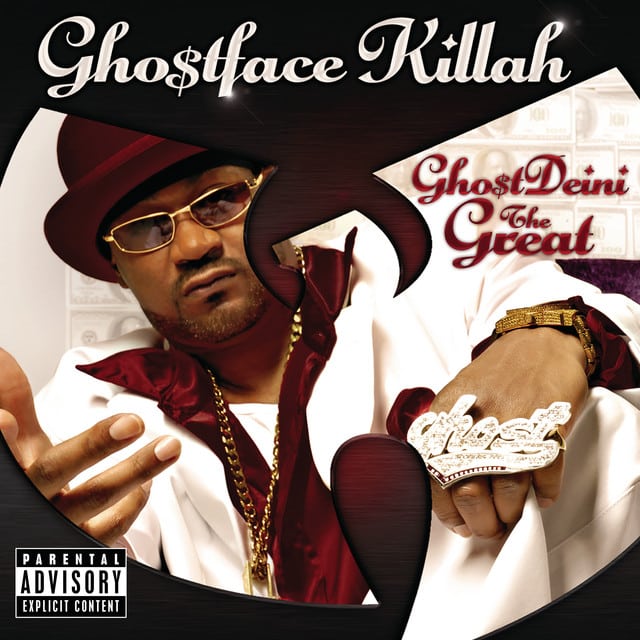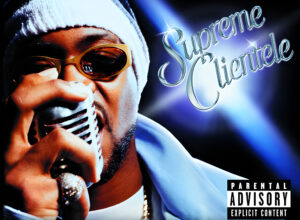When you listen to the lyrics in “The World is Yours” by Nas, you’ll find it’s a reflective exploration of the potential for personal agency and empowerment in a world of systemic injustice. Influenced by the grim realities of life in the projects and inspired by the promise of hip-hop, Nas emerges as a lyrical philosopher, painting a vivid depiction of the human condition within the urban landscape.
The phrase “The world is yours” is a recurring mantra within the song, alluding to the Scarface movie line and embodying the idea of self-empowerment. Nas is making clear that despite societal disadvantages and poverty, the potential for success is attainable; it’s about mindset and tenacity.
The dope line “I sip the Dom P, watchin’ Gandhi ’til I’m charged, then/Writin’ in my book of rhymes, all the words past the margin” demonstrates not only Nas’ growth in wealth from the gritty streets to sipping high-end champagne, but also his thirst for knowledge, watching films about influential figures like Gandhi for inspiration.
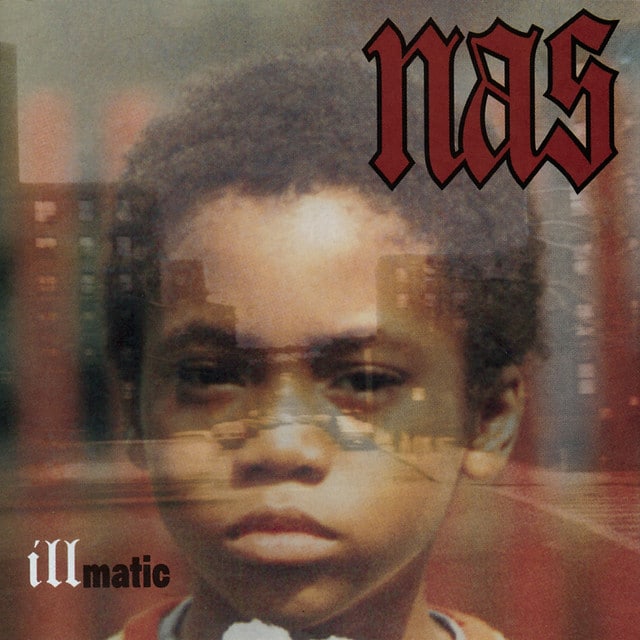
“The thief’s theme, play me at night, they won’t act right” highlights the duality of Nas’ persona; while he’s a conscious rapper trying to enlighten and uplift, he also remains a product of his grimy Queensbridge environment. “The thief’s theme” might be interpreted as the street code that influences his behaviour; no matter how enlightened he becomes, the street life was his formative base.
References like “Time like Pappy Mason, with pens I’m embracin'” give nods to infamous figures from his community. Pappy Mason was a notorious drug dealer in Queens whose name symbolised relentless pursuit of power. Hence, Nas sees himself in a similar struggle – not with guns but with words. His weapon of choice becomes his pen and the lyrics he crafts with it, owning the narrative of his life and his environment.
The verse “I’m out for presidents to represent me” uses ‘presidents’ as a double entendre. It refers both to the desire for economic success (‘presidents’ referring to the faces on dollar bills) and a critique of political representation, expressing dissatisfaction with the lack of political figures genuinely representing the interests of people from communities like his.
Nas’ shout out “To my man Ill Will, God bless your life” pays homage to his best friend who was shot and killed, highlighting the devastating reality of life in the ‘hood’. The violence he and others faced directly influenced his music, which in turn tells the tale of these communities ravaged by systemic issues, crime, and struggle.
The lyrics overall unfolds as a story that intertwines gritty street knowledge with hopeful vision of self-empowerment and aspiration. It showcases Nas’ lyrical dexterity and his ability to resonate the raw voices of his community into a universal theme of underdog overcoming adversity.
